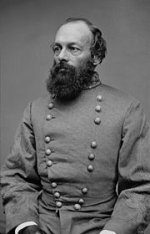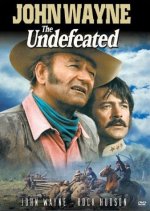Louis Badolato
Lieutenant General
- Joined
- Apr 25, 2005
- Messages
- 18,449
Folks,
I've gone back a few pages and cleaned up (or tried to) some of the posts that got a little personal.
A good rule of thumb for when things get personal is the use of the word "you." When you start to use that, it's probably getting personal. It kind reminds me of when a player/manager gets in an argument with an umpire. Umpires allow arguments but when someone uses the word "you," he's usually ejected. We should try to follow the same rules here.
Brad,
I think that's because in arguments with umpires, the word "you" is generally followed by the phrase "blind son of a . . ."



